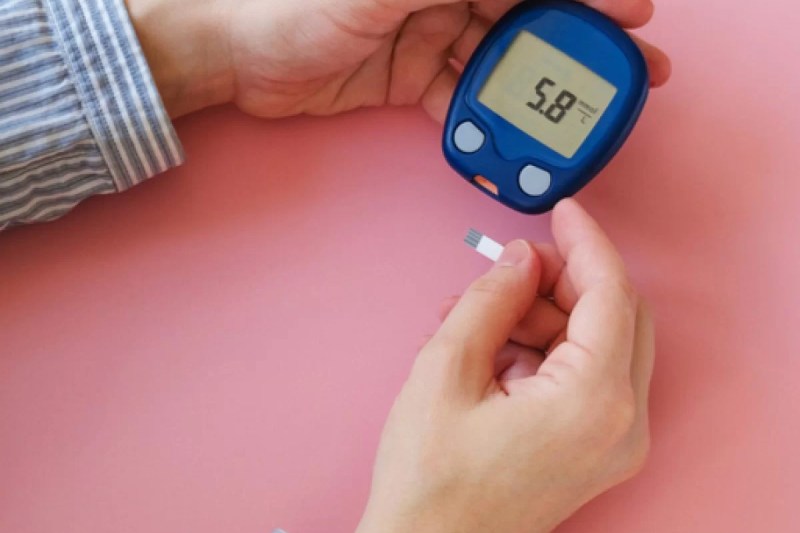Stress is a common part of life, but chronic stress can have serious effects on your health, including your blood sugar levels. When you’re stressed, your body releases hormones such as cortisol, which can cause blood sugar to spike. Over time, unmanaged stress can lead to insulin resistance and increase the risk of developing Type 2 diabetes. This article will explore how stress affects blood sugar, the role of cortisol, and practical strategies to manage stress for better glucose control.
How Stress Raises Blood Sugar
When you experience stress, whether it’s physical (like illness or injury) or emotional (such as work or relationship issues), your body goes into “fight or flight” mode. During this response, your body releases stress hormones like cortisol and adrenaline. These hormones trigger the liver to release stored glucose into the bloodstream to provide energy for the perceived threat. This can result in elevated blood sugar levels, especially if the stress is chronic.
Key Points:
- Cortisol and Blood Sugar: Chronic stress leads to consistently high cortisol levels, which can cause insulin resistance.
- Adrenaline and Glucose: In short-term stress, adrenaline raises blood sugar to prepare for immediate physical action.
- Sleep and Stress: Poor sleep due to stress further disrupts blood sugar control, creating a vicious cycle.
Managing Stress to Stabilize Blood Sugar
1. Practice Mindfulness and Meditation
Mindfulness techniques can reduce stress and lower cortisol levels, helping to prevent stress-induced blood sugar spikes. Practices such as meditation, deep breathing, and yoga can help you stay calm and maintain emotional balance.
- Tip: Start with 5–10 minutes of deep breathing or meditation each day.
2. Get Regular Exercise
Physical activity reduces stress hormones and improves insulin sensitivity. Whether it’s a walk, run, or yoga session, regular exercise can help both your mental health and blood sugar.
3. Improve Sleep Quality
Getting adequate sleep is essential for stress management and blood sugar regulation. Aim for 7–8 hours of restful sleep each night. Develop a relaxing bedtime routine to help improve sleep quality.
4. Stay Connected
Talking with friends, family, or a therapist can help you manage stress more effectively. Emotional support is a crucial part of reducing the negative effects of stress on your body.
Conclusion
Stress and blood sugar levels are closely connected. Chronic stress can cause blood sugar spikes and increase the risk of insulin resistance and Type 2 diabetes. By learning to manage stress through mindfulness, exercise, sleep, and emotional support, you can better stabilize your blood sugar and protect your overall health.

 Diabetology2 weeks ago
Diabetology2 weeks ago
 Diabetology2 weeks ago
Diabetology2 weeks ago
 Diabetology2 weeks ago
Diabetology2 weeks ago
 Diabetology1 week ago
Diabetology1 week ago
 Diabetology2 days ago
Diabetology2 days ago
 Diabetology1 day ago
Diabetology1 day ago
 Diabetology1 day ago
Diabetology1 day ago
 Diabetology43 minutes ago
Diabetology43 minutes ago













